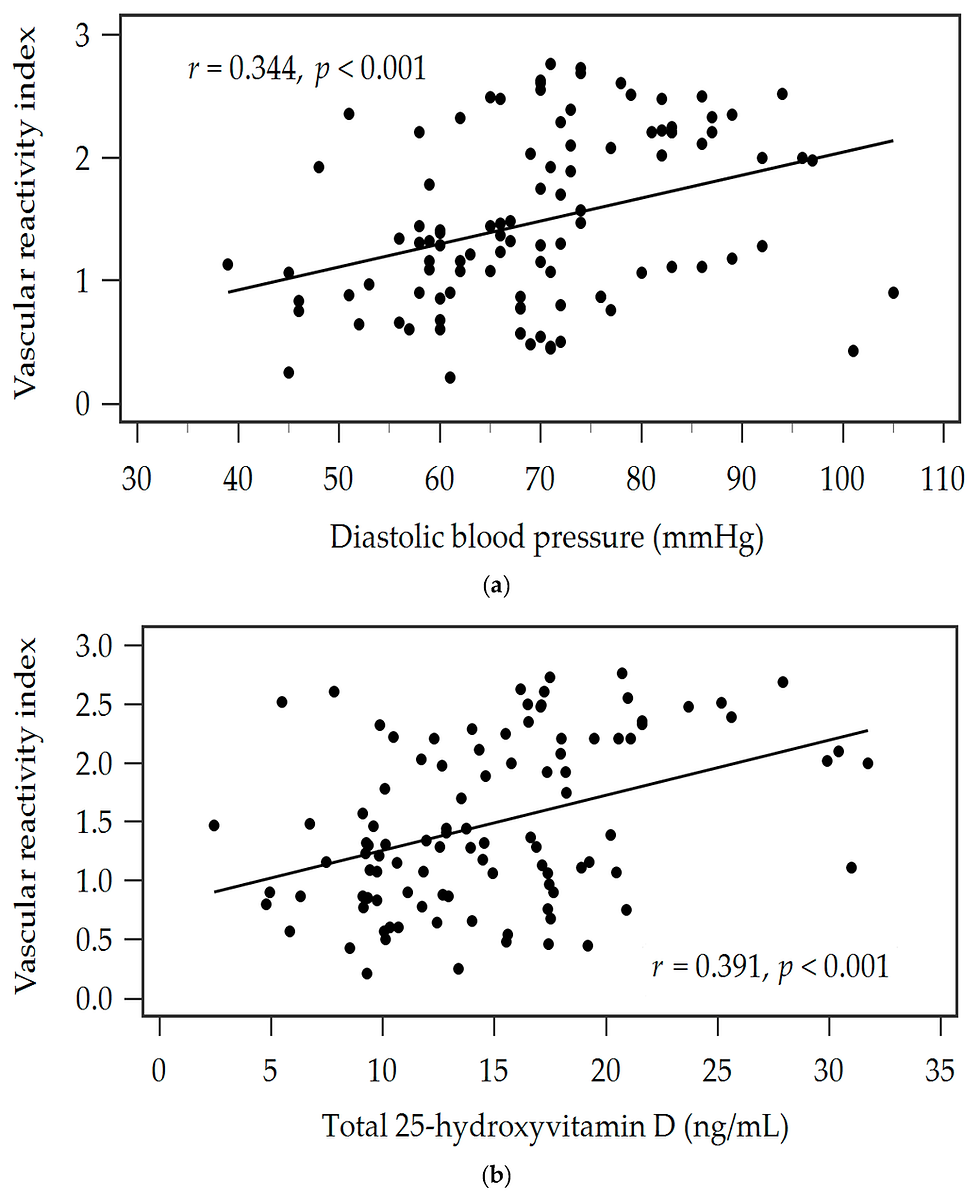Breakfast skipping suppresses vascular endothelial function of the brachial artery after lunch
- heartlung
- Oct 2, 2024
- 1 min read
J Appl Physiol (1985). 2024 Sep 19.
Abstract
Breakfast skipping has been suggested to be associated with cardiovascular diseases. However, whether breakfast skipping affects vascular endothelial function (VEF), a marker of cardiovascular diseases, remains unclear. This study aimed to investigate the impact of breakfast consumption (Eating trial) and skipping (Skipping trial) on brachial artery (BA) VEF in healthy breakfast eaters. A total of nine healthy individuals (four females and five males) either had breakfast between 8:30 and 9:00 or skipped it and had lunch between 12:00 and 12:30, followed by a 3-h rest period until 15:30. For BA VEF evaluation, flow-mediated dilation (FMD) was measured using ultrasound before and after breakfast and lunch. FMD was calculated as the percentage change in BA diameter normalized to the shear rate area under the curve (FMD/SRAUC). Blood glucose, plasma insulin, and plasma free fatty acid levels in capillaries were measured before and after breakfast and lunch. At 15:30, the Eating trial, but not the Skipping trial, significantly increased FMD/SRAUC from baseline (p = 0.006). The Skipping trial showed significantly lower changes in FMD/SRAUC from 8:30 than the Eating trial at 15:30 (p < 0.001). We found a significant inverse correlation between changes in FMD/SRAUC between 8:30 and 15:30 and peak glucose levels after lunch (r = -0.882, p < 0.001) and with an incremental area under the curve for glucose between 8:30 and 15:30 (r = -0.668, p < 0.001). These results suggest that a single bout of breakfast skipping can suppress BA VEF in the afternoon due to postlunch hyperglycemia.
Keywords: breakfast skipping; endothelial function; free fatty acids; insulin; postprandial hyperglycemia.



![Lipoprotein(a) levels predict endothelial dysfunction in maintenance hemodialysis patients: evidence from [VENDYS] vascular reactivity index assessment](https://static.wixstatic.com/media/dac531_5285607cc591409a9d83746f042af7c6~mv2.png/v1/fill/w_980,h_980,al_c,q_90,usm_0.66_1.00_0.01,enc_avif,quality_auto/dac531_5285607cc591409a9d83746f042af7c6~mv2.png)
Comments